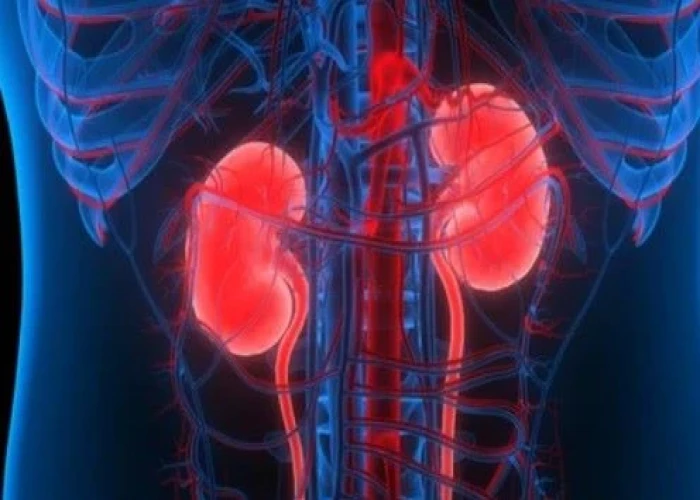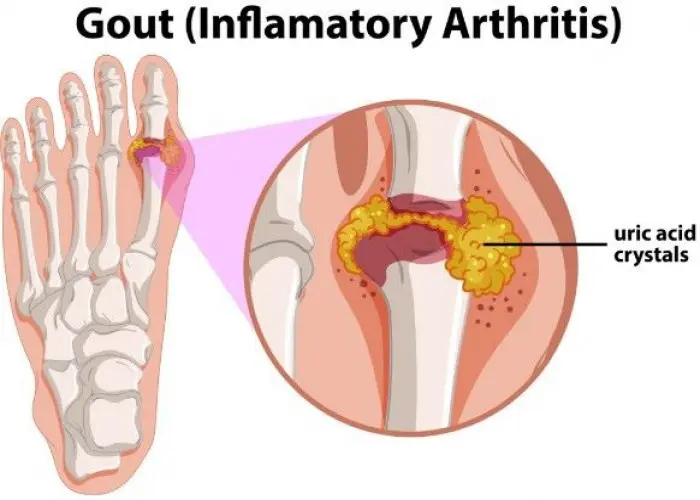 Welcome
Welcome
“May all be happy, may all be healed, may all be at peace and may no one ever suffer."
H1N1 flu (swine flu)

H1N1 flu, also known as swine flu, is a strain of the influenza virus that affects pigs. However, the virus can also spread to humans and cause illness. The H1N1 strain became a concern in 2009 when it caused a global outbreak of flu in humans, leading to a pandemic.
The symptoms of H1N1 flu in humans are similar to those of other strains of the flu, including fever, cough, sore throat, body aches, fatigue, and in some cases, vomiting and diarrhea. H1N1 flu can lead to severe illness, hospitalization, and in some cases, death, particularly in individuals with underlying health conditions, the elderly, and young children.
H1N1 flu is spread from person to person through respiratory droplets, such as when an infected person coughs or sneezes. To prevent the spread of H1N1 flu, it's important to practice good respiratory hygiene, such as covering your mouth and nose with a tissue or your elbow when you cough or sneeze, washing your hands regularly and avoiding close contact with people who are sick.
There is a vaccine available to protect against H1N1 flu, and it's recommended that everyone over the age of six months receive a flu vaccine every year. Additionally, antiviral medications may be prescribed by a healthcare provider to treat H1N1 flu and reduce the severity of symptoms.
Research Papers
Disease Signs and Symptoms
- Fever
- Seizures
- Chest pain
- Nausea or vomiting
- Diarrhea
- Fatigue (Tiredness)
- Muscle pain
- Headaches
- Excessive tears in eyes
- Runny nose
- Sore throat
- Cough
- Fever and chills
- Blue lips (cyanosis)
Disease Causes
H1N1 flu (swine flu)
Influenza viruses such as H1N1 infect the cells that line your nose, throat and lungs. The virus enters your body when you inhale contaminated droplets or transfer live virus from a contaminated surface to your eyes, nose or mouth.
You can't catch swine flu from eating pork.
Disease Prevents
H1N1 flu (swine flu)
The Centers for Disease Control and Prevention (CDC) recommends annual flu vaccination for everyone age 6 months or older. Each year's seasonal flu vaccine protects against the three or four influenza viruses that are expected to be the most common during that year's flu season. The flu vaccine can reduce your risk of the flu and its severity and lower the risk of having serious illness from the flu and needing to stay in the hospital.
Flu vaccination is especially important in the 2020-21 flu season because the flu and coronavirus disease 2019 (COVID-19) cause similar symptoms. Flu vaccination could reduce symptoms that might be confused with those caused by COVID-19. Preventing the flu and reducing the severity of flu illness and hospitalizations could also lessen the number of people needing to stay in the hospital.
The flu vaccine is available as an injection and as a nasal spray. The nasal spray is approved for use in healthy people ages 2 through 49 years old. The nasal spray isn't recommended for some groups, such as pregnant women, children between 2 and 4 years old with asthma or wheezing, and people who have compromised immune systems.
These measures also help prevent the flu and limit its spread:
- Wash your hands thoroughly and frequently. Use soap and water, or if they're unavailable, use an alcohol-based hand sanitizer.
- Cover your coughs and sneezes. Cough or sneeze into a tissue or your elbow. Then wash your hands.
- Avoid touching your face. Avoid touching your eyes, nose and mouth.
- Clean surfaces. Regularly clean often-touched surfaces to prevent spread of infection from a surface with the virus on it to your body.
- Avoid contact. Stay away from crowds if possible. Avoid anyone who is sick. If you're at high risk of complications from the flu — for example, you're younger than 5 or you're 65 or older, you're pregnant, or you have a chronic medical condition such as asthma — consider avoiding swine barns at seasonal fairs and elsewhere.
During the COVID-19 pandemic, both COVID-19 and the flu may be spreading at the same time. Your local health department and the CDC may suggest other precautions to reduce your risk of COVID-19 or the flu. For example, you may need to practice social distancing (physical distancing) and stay at least 6 feet (2 meters) from others outside your household. You may also need to wear a cloth face mask when around people outside your household.
Disease Treatments
Most people with flu, including H1N1 flu (swine flu), require only symptom relief. Supportive care such as drinking liquids, taking pain relievers for fever and headache, and resting may be helpful. If you have a chronic respiratory disease, your doctor may prescribe additional medications to help relieve your symptoms.
Antiviral drugs are sometimes prescribed within the first day or two of symptoms. They can reduce the severity of symptoms and possibly the risk of complications. The U.S. Food and Drug Administration has approved these four drugs:
- Oseltamivir (Tamiflu)
- Zanamivir (Relenza)
- Peramivir (Rapivab)
- Baloxavir (Xofluza)
But flu viruses can develop resistance to these drugs.
To make development of resistance less likely and maintain supplies of these drugs for those who need them most, doctors reserve antivirals for people at high risk of complications and those who are in close contact with people who have high risk of complications.
People at higher risk of flu complications include people who:
- Are in a hospital, nursing home or other long-term care facility.
- Are younger than 5 years of age, particularly children younger than 2 years.
- Are 65 years old or older.
- Are pregnant or within two weeks of delivery, including women who have had pregnancy loss.
- Are younger than 19 years of age and are receiving long-term aspirin therapy. Using aspirin during a viral illness increases the risk of developing Reye's syndrome, a rare but potentially life-threatening condition, in these individuals.
- Have a body mass index above 40, which is defined as morbid obesity.
- Have certain chronic medical conditions, such as asthma, emphysema, heart disease, diabetes, neuromuscular disease, or kidney, liver or blood disease.
- Are immunosuppressed due to certain medications or HIV.
- Are of American Indian or Alaska Native heritage.
Lifestyle and home remedies
If you develop any type of flu, these measures may help ease your symptoms:
- Drink plenty of liquids. Choose water, juice and warm soups to prevent dehydration.
- Rest. Get more sleep to help your immune system fight infection.
- Consider pain relievers. Use an over-the-counter pain reliever, such as acetaminophen (Tylenol, others) or ibuprofen (Advil, Motrin IB, others).
- Use caution when giving aspirin to children or teenagers. Though aspirin is approved for use in children older than age 3, children and teenagers recovering from chickenpox or flu-like symptoms should never take aspirin. This is because aspirin has been linked to Reye's syndrome, a rare but potentially life-threatening condition, in such children.
If you have the flu, you can give it to others. Stay home for at least 24 hours after your fever is gone.
Disease Diagnoses
Disease Allopathic Generics
Disease Ayurvedic Generics
Disease Homeopathic Generics
Disease yoga
H1N1 flu (swine flu) and Learn More about Diseases

Pyelitis

Boils (Absces or Carbuncles)

Amyotrophic lateral sclerosis (ALS)

Buerger's disease

TMJ disorders

Convergence insufficiency

Nickel allergy

Gout
h1n1 flu, swine flu, এইচ১এন১ ফ্লু, সোয়াইন ফ্লু
To be happy, beautiful, healthy, wealthy, hale and long-lived stay with DM3S.
